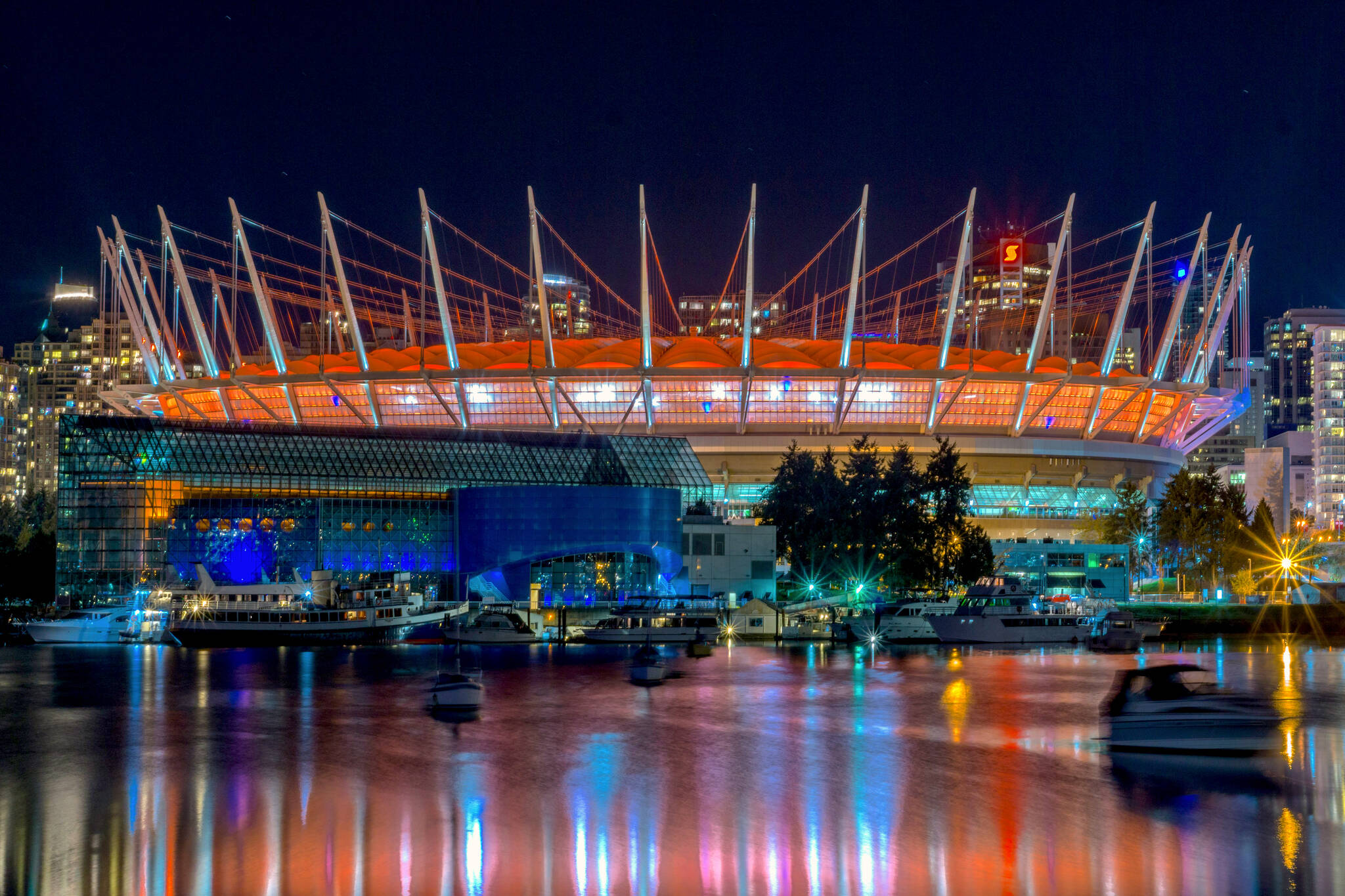A national government spending watchdog wants B.C. and the City of Vancouver to release the costs of hosting the 2026 FIFA Men’s World Cup, warning of an escalating price tag.
The Canadian Taxpayers Federation issued that call Thursday (March 14) after releasing the City of Toronto’s hosting contract with soccer’s world body. Toronto will host six games and Vancouver seven as two of 16 host cities spread across the United States, Mexico and Canada.
The Taxpayers Federation obtained Toronto’s contract through a freedom-of-information request. The hosting contracts of Seattle and Santa Clara near San Francisco are also publicly available.
“All of these contracts are essentially identical,” Carson Binda, president of the federation’s B.C. chapter. “There are very, very, very minor difference between them, but by-and-large, word for word, they are the same. That suggests that Vancouver probably also has a very similar contract and that is worrying because these contracts essentially give FIFA a blank cheque to spend taxpayers money without accountability and without oversight from politicians or the taxpayer.”
Toronto’s cost of hosting six games is estimated to have gone up by $80 million to almost $380 million.
This serves as water on the mills of critics, who say the costs of hosting the games far exceed their return.
Tourism Minister Lana Popham last month acknowledged that costs changed “substantially” from initial estimates. Provincial estimates from 2022 pegged the cost of hosting five games in Vancouver between $240 and $260 million. But those figures appeared before FIFA changed the format of the tournament in March 2023 by adding another knock-out round to accommodate a larger field.
Popham said Thursday costs have gone up because the number of games has gone up, but framed this as an investment.
“We have a significant increase in opportunity and with that comes an increase in costs,” she said. “So with seven games, we have more security costs and so on. So we definitely had to redo some of those numbers from the initial estimates.” But two more games mean higher costs, they also mean more visitors, she said.
Government will release a “full package” of the information it is legally able to release in a few weeks, Popham promised.
“(When) British Columbians see the information about the opportunities, the different types of programs we have, the revenue opportunities, they are going to be pleased.”
Binda likely won’t be one of them.
RELATED: Hosting soccer’s World Cup ‘ineffective’ says study as B.C defends 2026 goal
RELATED: Tourism minister says cost of B.C. hosting World Cup grew ‘substantially’
RELATED: 7-year-long Vancouver hotel tax to start in February to help pay for 2026 FIFA World Cup
“Well, if the minister thinks that B.C. businesses and taxpayers are going to better off for hosting FIFA, then I have some ocean front property in South Saskatchewan to sell her,” he said. “It’s ridiculous to think that businesses and taxpayers will be better off for hosting these few soccer games.”
Pointing to a “wealth of peer-reviewed” academic literature, hosting seven games won’t be bring about a boost in tourism, Binda said.
Destination BC has estimated the global soccer tournament could draw an additional 269,000 visitors to the province, with about 50 per cent of them from outside Canada and the U.S. The province said earlier that the event could generate up to $1 billion in returns.
Carson called these promises “vague,” adding there is no strong argument for hosting the games.He added many of FIFA’s requirements such as VIP suites and entrances come across as out of touch.
“A lot of these upgrades that we are talking about here, are very much for the elite being paid for normal taxpayers,” he said. “Quite frankly, it comes across as a big vanity project for the politicians.”
Binda, who calls himself a huge soccer fan, said this is an issue of accountability.
“I think most British Columbians right now would prefer bread over circuses because many British Columbians are having a hard time even affording that bread,” he said. “So it’s about priorities. Why is the provincial government and the City of Vancouver prioritizing hundreds of millions dollars for FIFA, when we are dealing with sky-high taxes, high inflation, an uncompetitive business environment?”
He also questioned the lack of transparency around the costs and sees the cost escalations as part of a systemic pattern.
“Time and time and time again, the current government of British Columbia has shown that they are simply not responsible stewards of public finances and this is another example to add on to it.”

